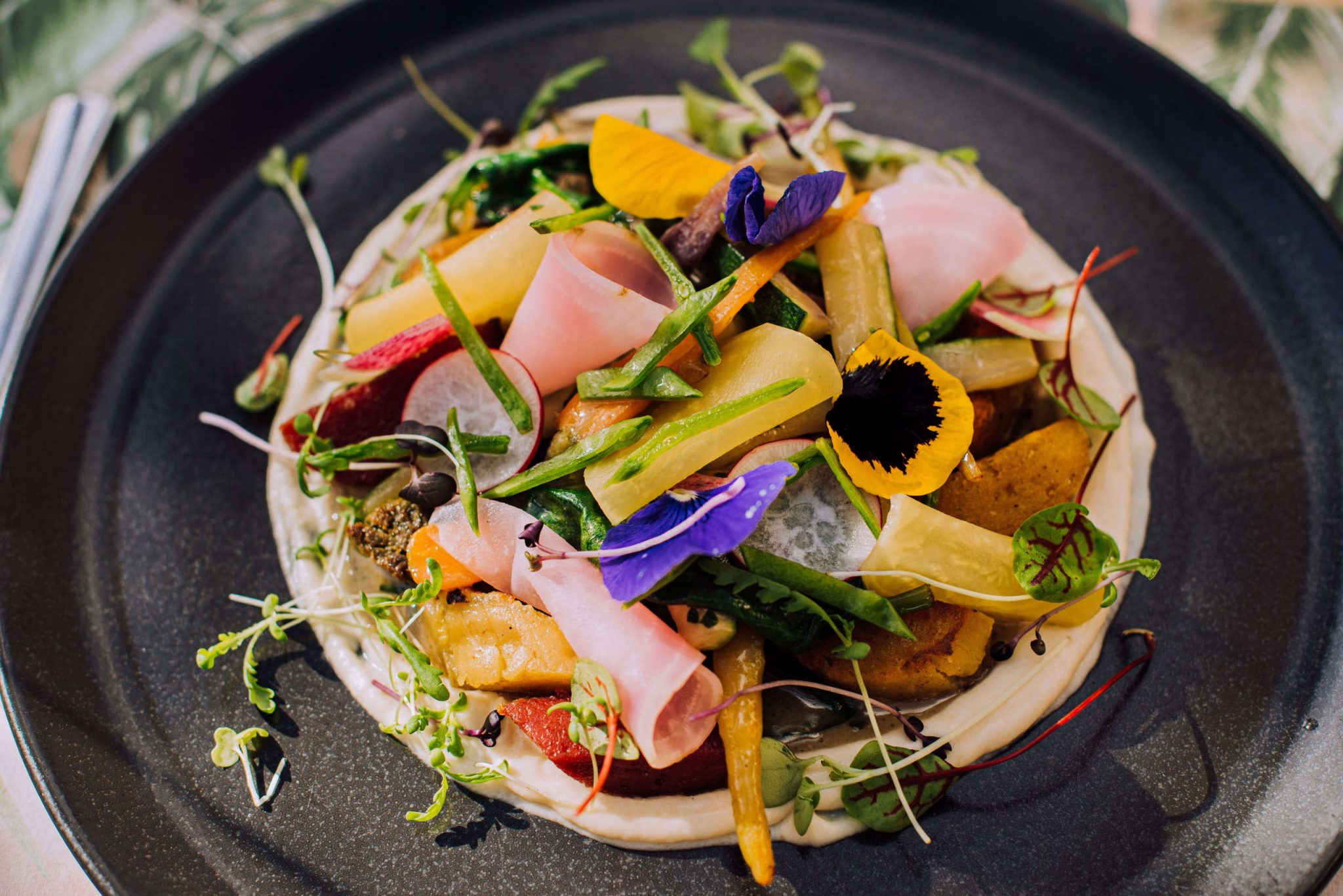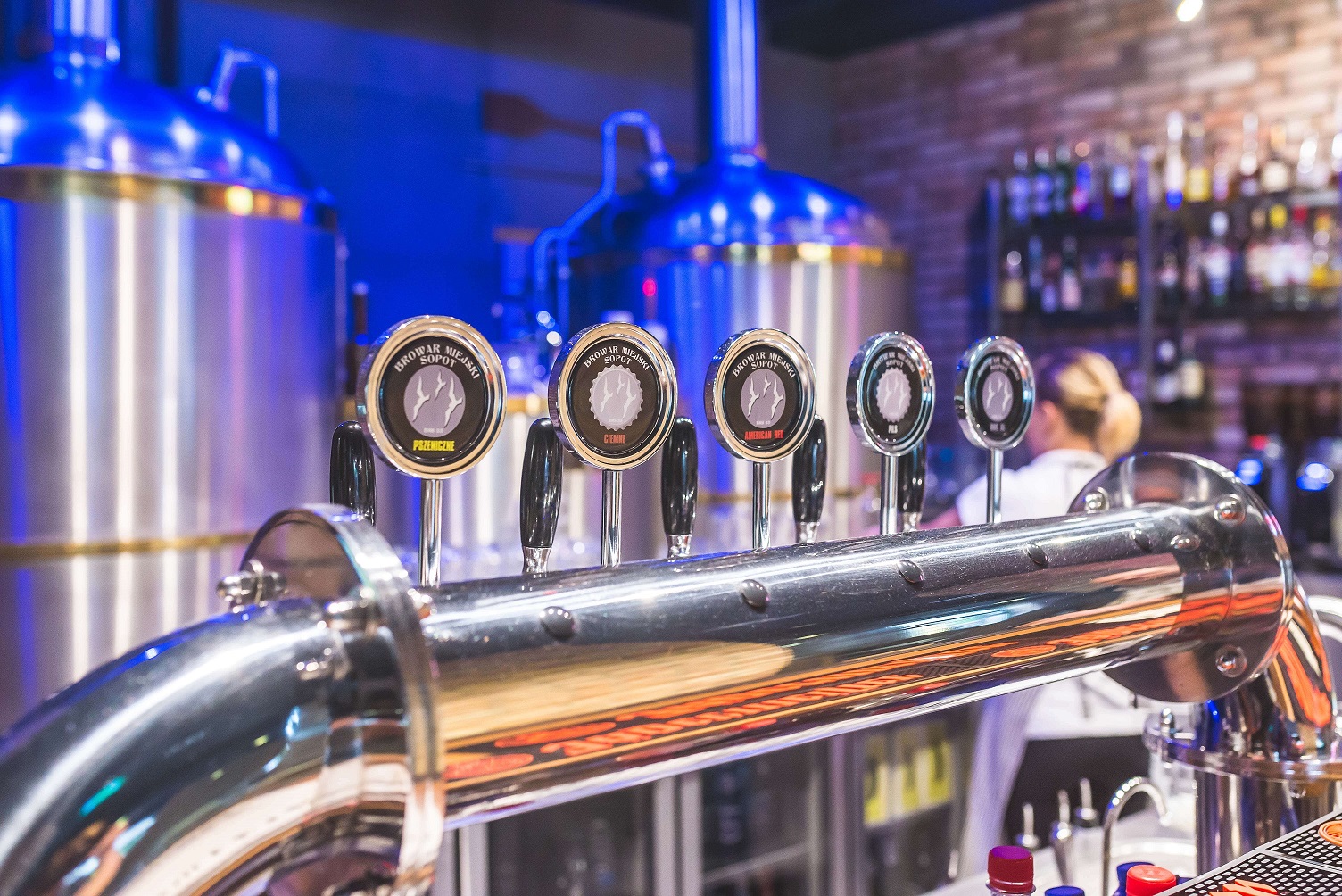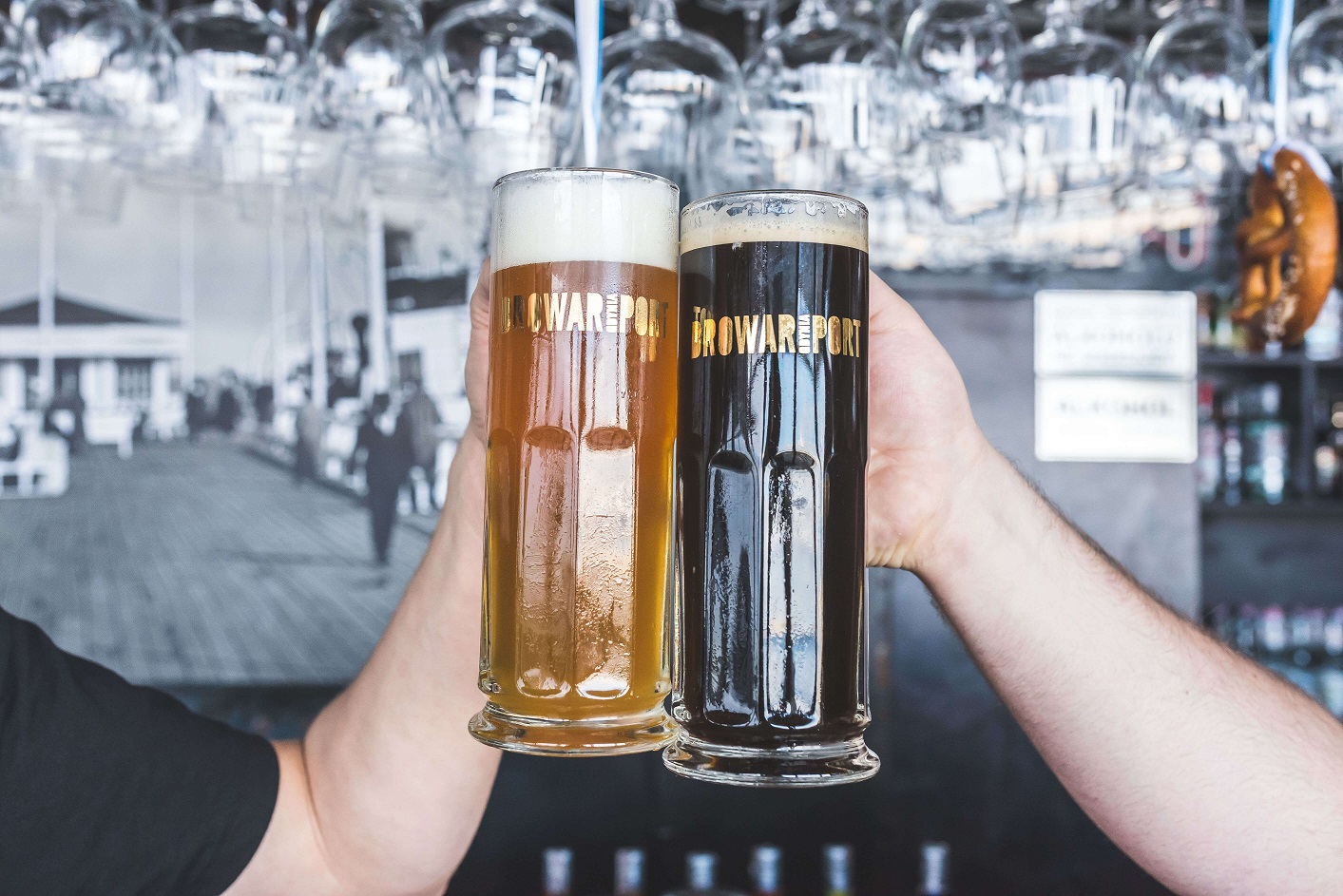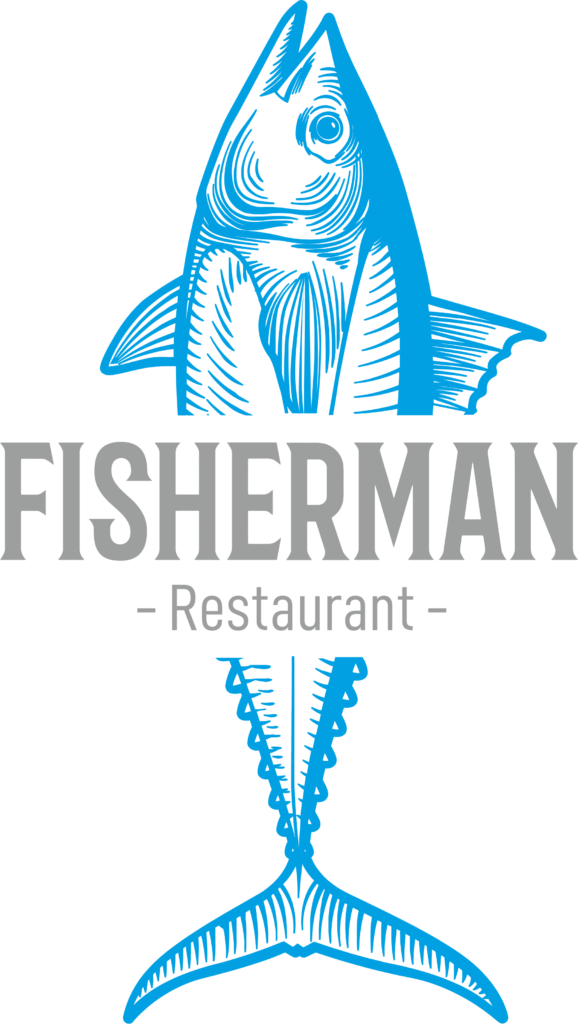The turn of May is a time of the year when Pomorskie region becomes the most photogenic. If you are on board one of the planes that take off or land at the Lech Wałęsa Airport in Gdańsk, and circulate above Żuławy and Powiśle regions, you will notice magnificent fields of gold stretching beneath you. And, a bit north, the picturesque Bay of Gdańsk. These yellow patches are rapeseed fields, which is a very popular plant to grow in the region. It is also the favourite food of Pomeranian bees from Zielona Pasieka (The Green Apiary).





Zielona Pasieka is an apiary run by Bożena and Piotr Sobuń from Malbork. It is located on the border of Powiśle and Żuławy regions – a picturesque, clean and eco-friendly area that lacks industrial districts. This is translates into quality and healthiness of honey that is produced there.
-The region is where the name of our apiary (The Green Apiary) comes from. When you think of it, you think: nature, ecology, environment-friendly. Not to make empty promises, the entire farm is surrounded with a green hedge, which makes it even more unequivocal – says Piotr Sobuń.
Zielona Pasieka is in reality located in two towns: Zielonka and Żuławka Sztumska. Several kinds of honey is produced here. – The basic is rapeseed honey, as Żuławy and Lower Powiśle regions are famous for plethora of rapeseed fields. All the surroundings turn picturesquely yellow in may. There is also plenty of old trees, such as lime trees planted by Germans before the war – says Piotr Sobuń.




Therefore, the apiary also produces lime and buckwheat honey. For this, however, hives are transported to the Kashubian buckwheat fields. The offer also includes heather honey, gathered after visiting heather fields in Tuchola Forest.
How is honey gathered?
– The first harvest of rapeseed takes place at the end of May, or at the beginning of June. It takes four weeks for rapeseed to mature. During this time, bees gather strength and collect honey in the super. We gauge whether the honey has matured by taking out the frames from the super. If they are at least 2/3 sealed up, it means honey is ready to be taken out and spinned out – says Piotr Sobuń.
The offer of the apiary is much more than that, however. – We also acquire propolis and bee pollen, which is very healthy, although underestimated by many. Pollen is rich in vitamins, macro- and microelements. It is also recommended as remedy for different conditions, such as high blood pressure and cholesterol levels or bad eyesight – says Piotr Sobuń, who not only runs the Green Apiary, but is also president of Beekeeper’s Association in Malbork.





The owners of the apiary are also amateurs of mead production, in which they are quite successful. The have proven this throughout many editions of the National Mead Contest in Parpary for producing high quality traditional meads.
Zielona Pasieka Bożena and Piotr Sobuń
Grunwaldzka 24, Malbork
phone.: +48 503 166 445, + 48 502 281 847
email: zielonapasieka@wp.pl
































